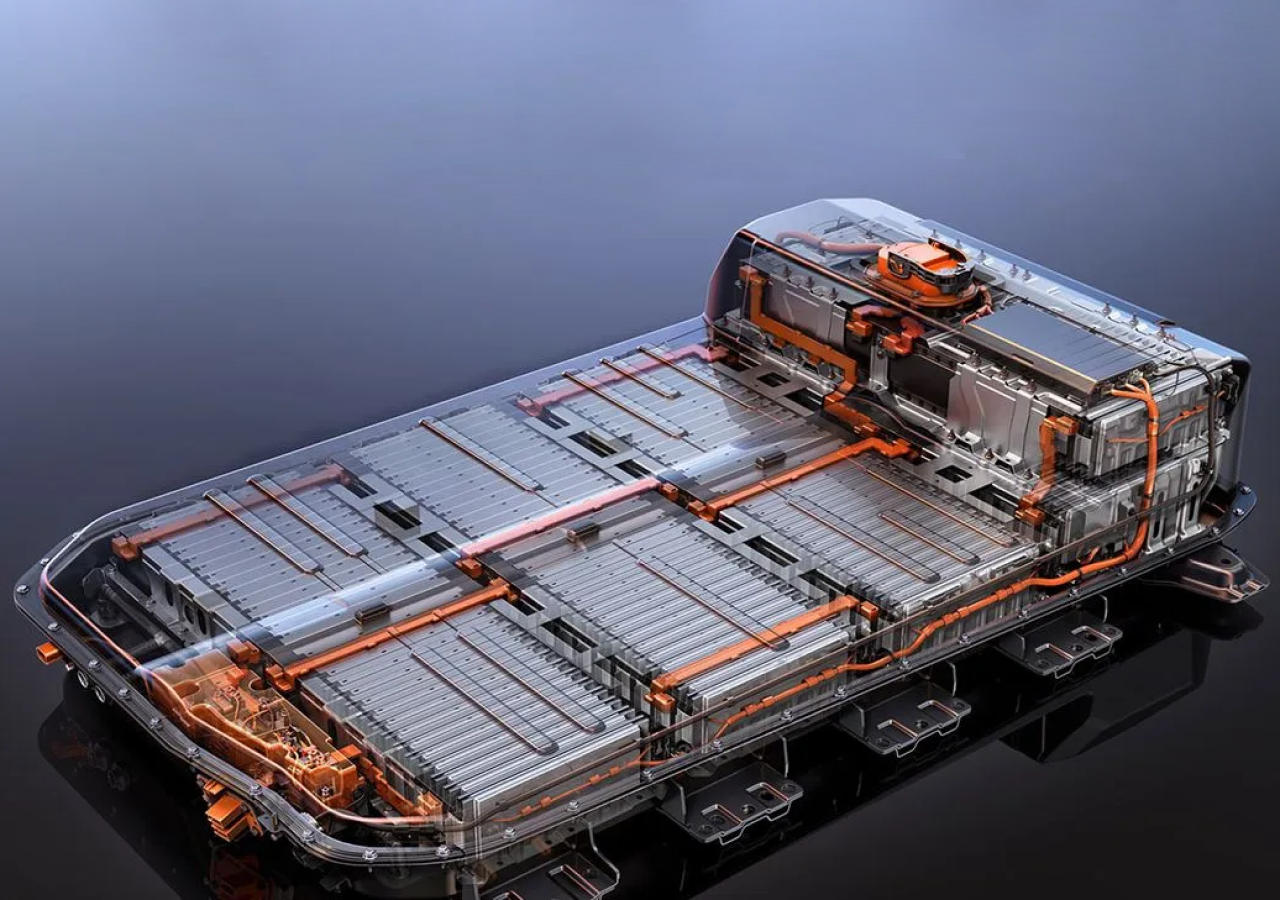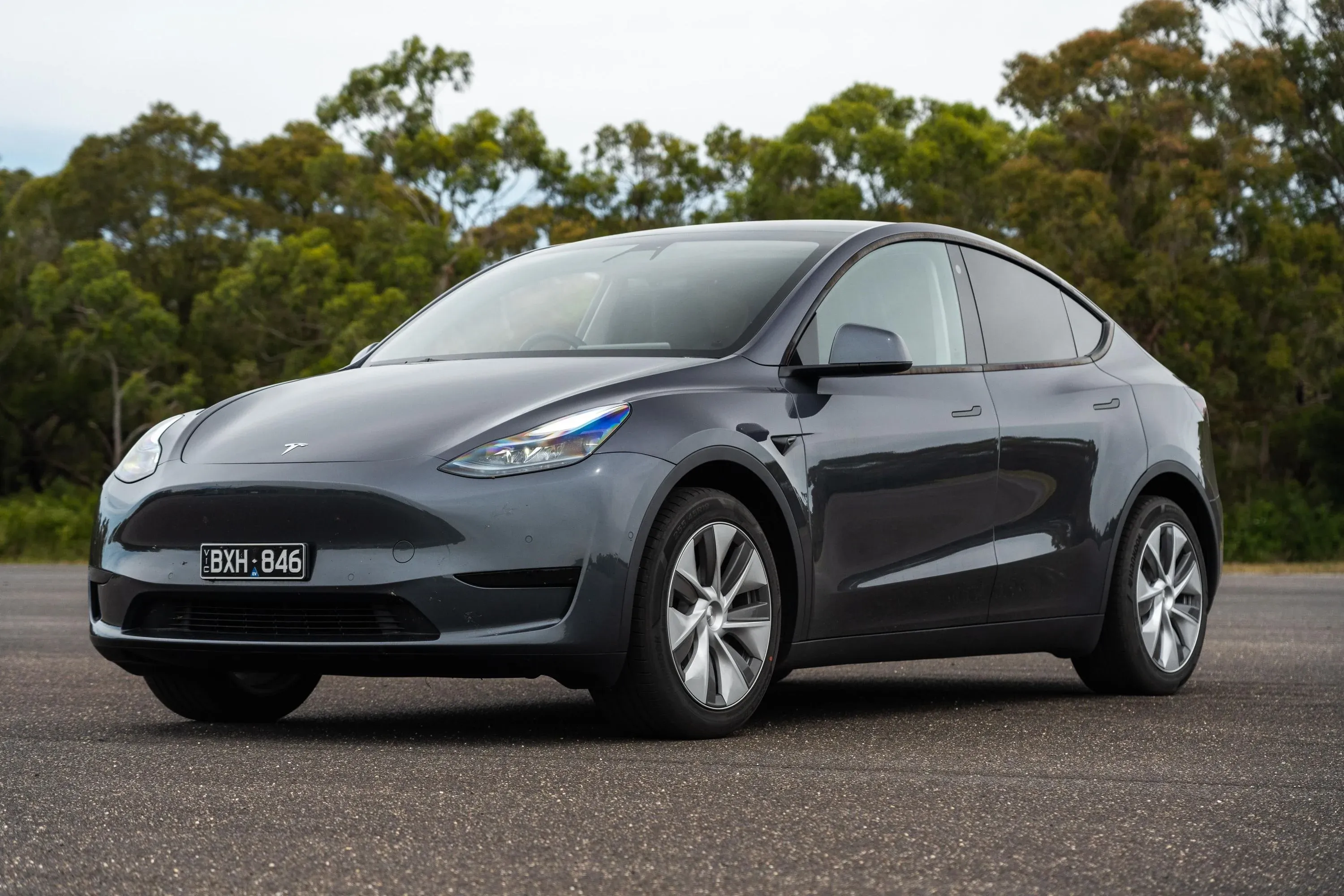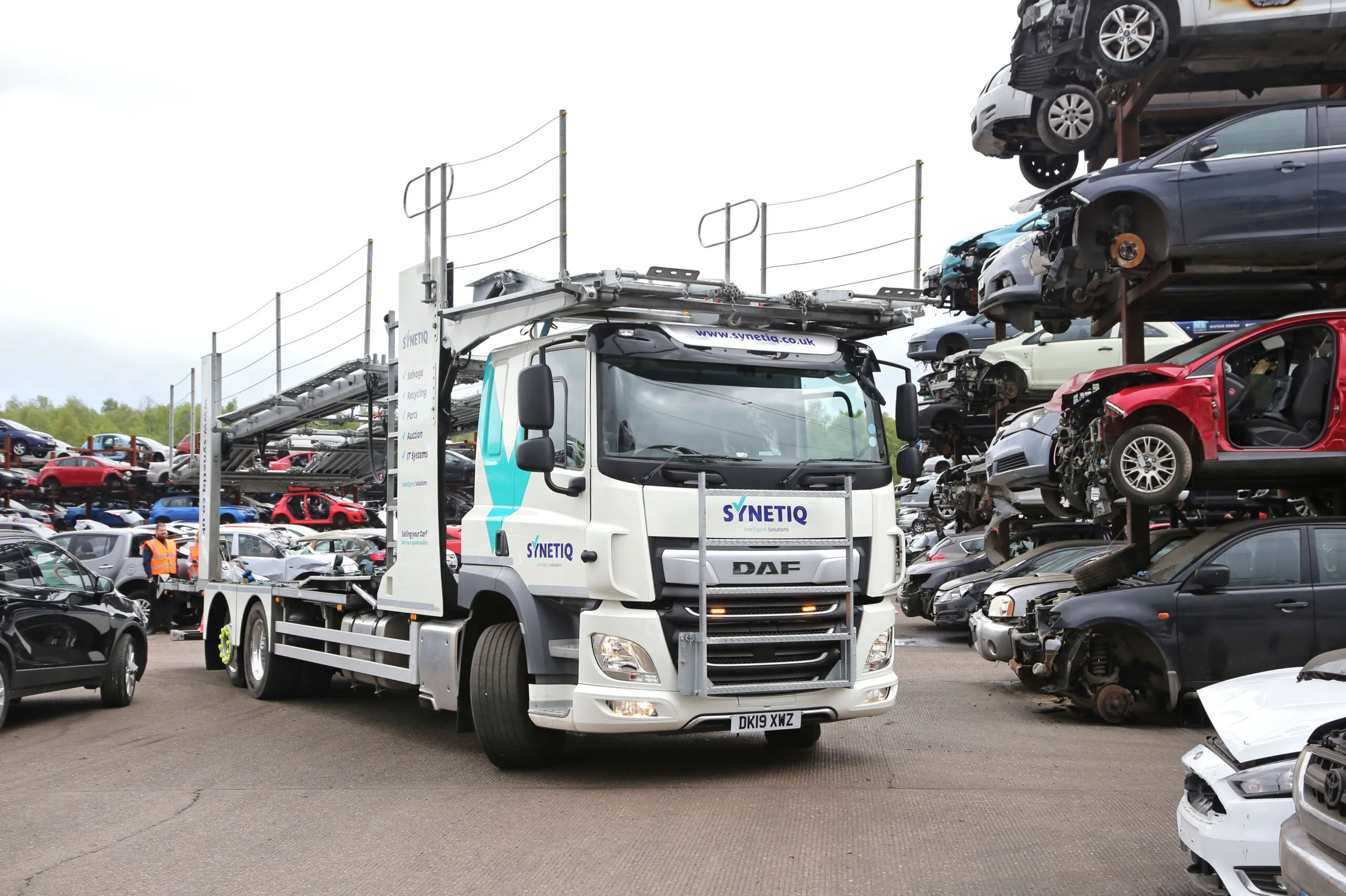


For many electric vehicles, there is no way to repair or assess even slightly damaged battery packs after accidents, forcing insurance companies to write off cars with few miles - leading to higher premiums and undercutting gains from going electric. And now those battery packs are piling up in scrapyards in some countries, a previously unreported and expensive gap in what was supposed to be a "circular economy."
"We're buying electric cars for sustainability reasons," said Matthew Avery, research director at automotive risk intelligence company Thatcham Research. "But an EV isn't very sustainable if you've got to throw the battery away after a minor collision."
Battery packs can cost tens of thousands of dollars and represent up to 50% of an EV's price tag, often making it uneconomical to replace them. While some automakers like Ford Motor Co., and General Motors Co., said they have made battery packs easier to repair, Tesla Inc., has taken the opposite tack with its Texas-built Model Y, whose new structural battery pack has been described by experts as having "zero repairability."

Lauterwasser noted EV battery production emits far more CO2 than fossil-fuel models, meaning EVs must be driven for thousands of miles before they offset those extra emissions. "If you throw away the vehicle at an early stage, you've lost pretty much all advantage in terms of CO2 emissions," he said.
Most carmakers said their battery packs are repairable, though few seem willing to share access to battery data. Insurers, leasing companies, and car repair shops are already fighting with carmakers in the EU over access to lucrative connected-car data. Lauterwasser said access to EV battery data is part of that fight. Allianz has seen scratched battery packs where the cells inside are likely undamaged, but without diagnostic data, it has to write off those vehicles.

Ford and GM tout their newer, more repairable packs. But the new, large 4680 cells in the Model Y made at Tesla's Austin, Texas, plant, are glued into a pack that forms part of the car's structure and cannot be easily removed or replaced, experts said. In January, Tesla's Musk said the carmaker has been making design and software changes to its vehicles to lower repair costs and insurance premiums. The company also offers its own insurance product in a dozen U.S. states to Tesla owners at lower rates.
Insurers and industry experts also note that EVs, because they are loaded with all the latest safety features, so far have had fewer accidents than traditional cars. EV battery problems also expose a hole in the green "circular economy" touted by carmakers. At Synetiq, the UK's largest salvage company, head of operations Michael Hill said over the last 12 months the number of EVs in the isolation bay – where they must be checked to avoid fire risk - at the firm's Doncaster yard has soared, from perhaps a dozen every three days to up to 20 per day. "We've seen a really big shift and it's across all manufacturers," Hill said.

The UK currently has no EV battery recycling facilities, so Synetiq has to remove the batteries from written-off cars and store them in containers. Hill estimated at least 95% of the cells in the hundreds of EV battery packs - and thousands of hybrid battery packs - Synetiq has stored at Doncaster are undamaged and should be reused.
It already costs more to insure most EVs than traditional cars. According to online brokerage Policygenius, the average U.S. monthly EV insurance payment in 2023 is $206, 27% more than for a combustion-engine model. According to Bankrate, an online publisher of financial content, U.S. insurers know that "if even a minor accident results in damage to the battery pack ... the cost to replace this key component may exceed $15,000." A replacement battery for a Tesla Model 3 can cost up to $20,000, for a vehicle that retails at around $43,000 but depreciates quickly over time.
Source: Reuters